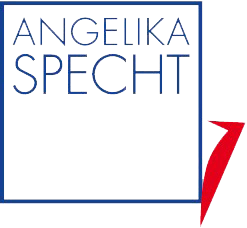Clarification support
What is clarification support?
Clarification support is a highly effective independent method of mediation. It functions according to a clearly defined process and was developed in the 1980s by the Swiss psychologist Christoph Thomann. It is already very popular in Germany and Switzerland and is frequently employed within firms.
The main objective is to create clarity regarding both facts and emotions among the quarrelling parties in a conflict. Based on this, sustainable solutions can be found. The credo of this method is, “Understand the past – clarify the present – plan the future”. A mediator operating according to this method is called a clarification assistant.
Conflicts are normal and are characteristic of lively human interaction. They can frequently become exhausting, sometimes loud and hurtful; sometimes relationships are severely damaged or destroyed. Feeling offended and suffering from psychological wounds can often make it difficult to discuss with the other party and to get along in the future. Many professional or private relationships cannot be ended or can only be terminated at a very high price.
Conflicts that are not recognised and resolved in a profound manner tend to have devastating consequences. They cost money, energy, motivation and time – they negatively impact both working atmosphere within and content output of the organisation.
This is where clarification support comes in.
You ask yourself
How can I, as an executive, chief executive or manager, take responsibility and appropriately tackle currently controversial issues?
How can I resolve the conflict in my workplace/professional/family relationship, save the relationship and maybe even improve it?
What are the first steps?
How is such a clarification support structured?
What can you expect?
Clarification support preferably takes place in one session. Instead of several sessions, we make enough time once to undergo the clarification support process together.
Clarification support offers a safe atmosphere to also address difficult topics and events together. We rationally discuss emotional matters, instead of emotionally discussing rational matters.
Clarification support allows to maintain the flow of a conversation, instead of a sudden negative outburst or one party falling silent.
The end goal of such clarification support is to find truth: without any illusions, both parties can discuss what is possible in the future.
In many cases, new possibilities arise out of clarification support – things that that were previously deemed impossible.
